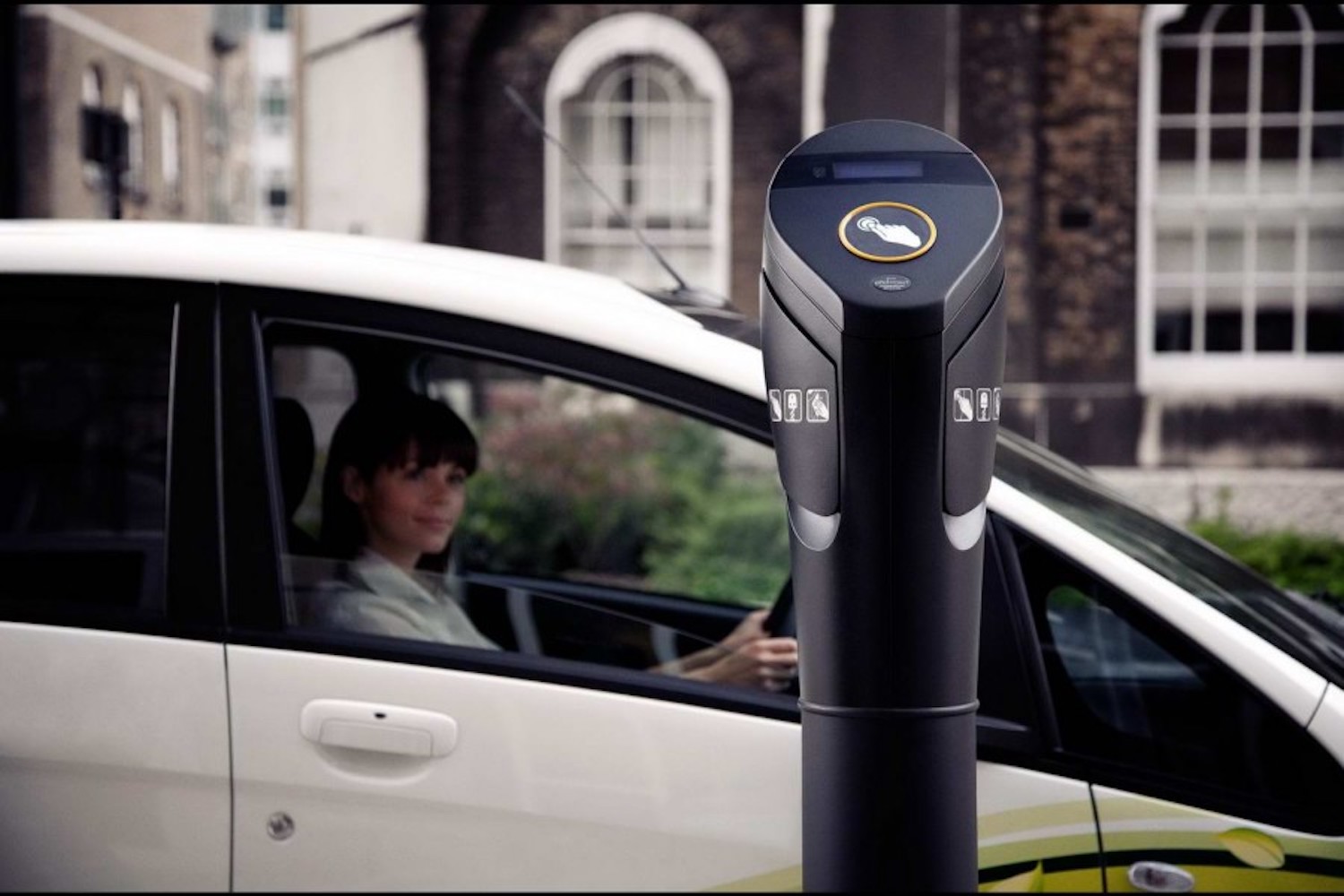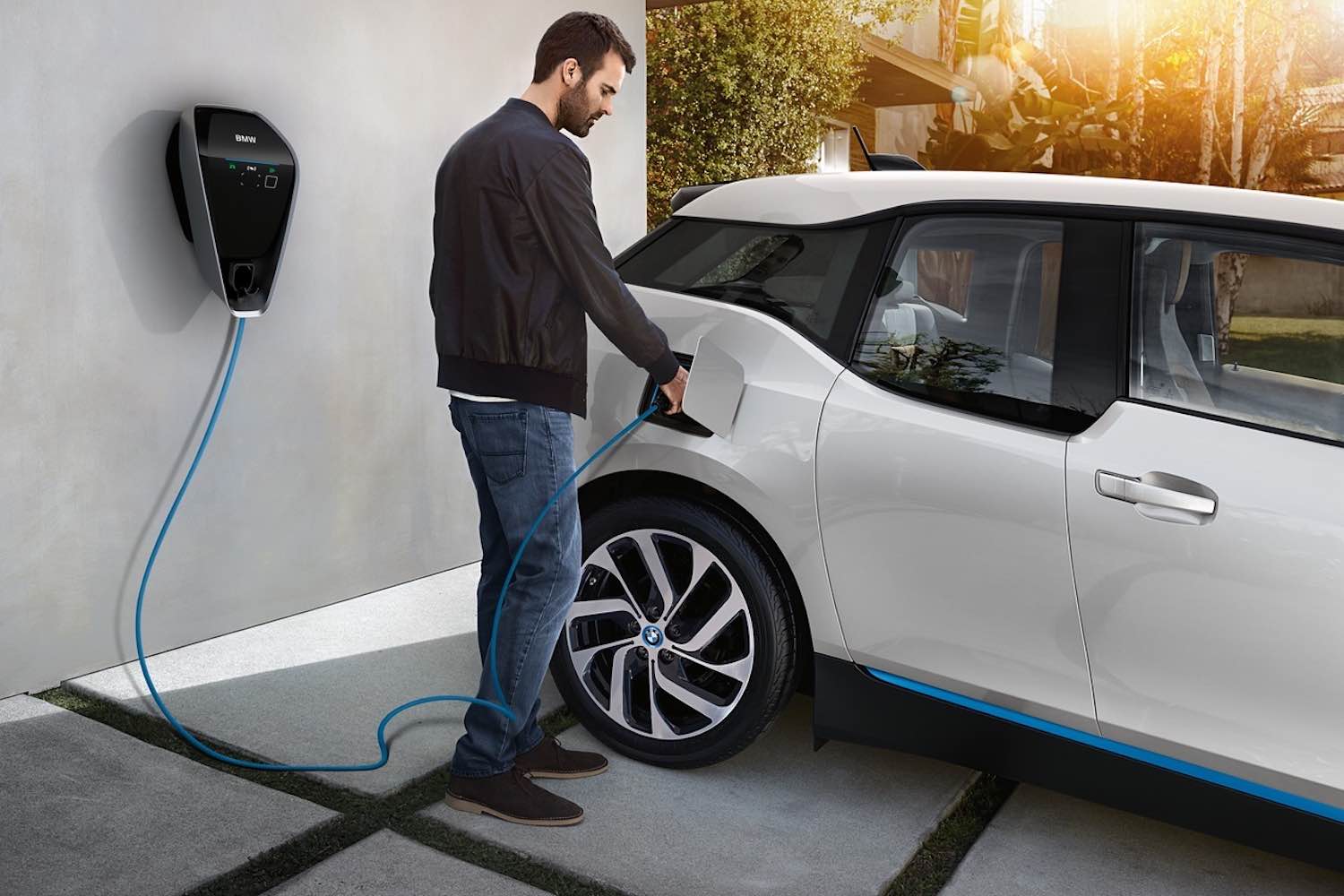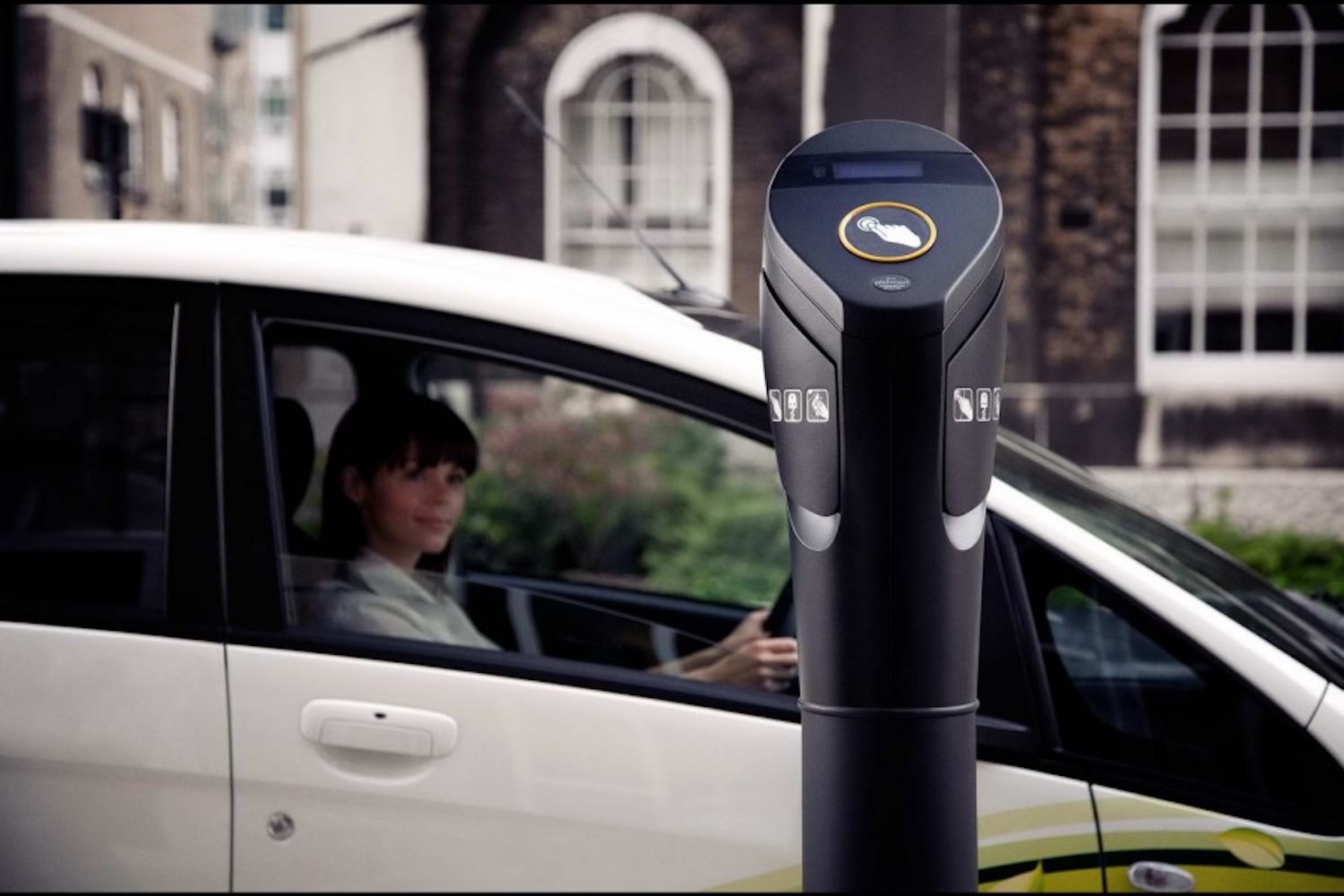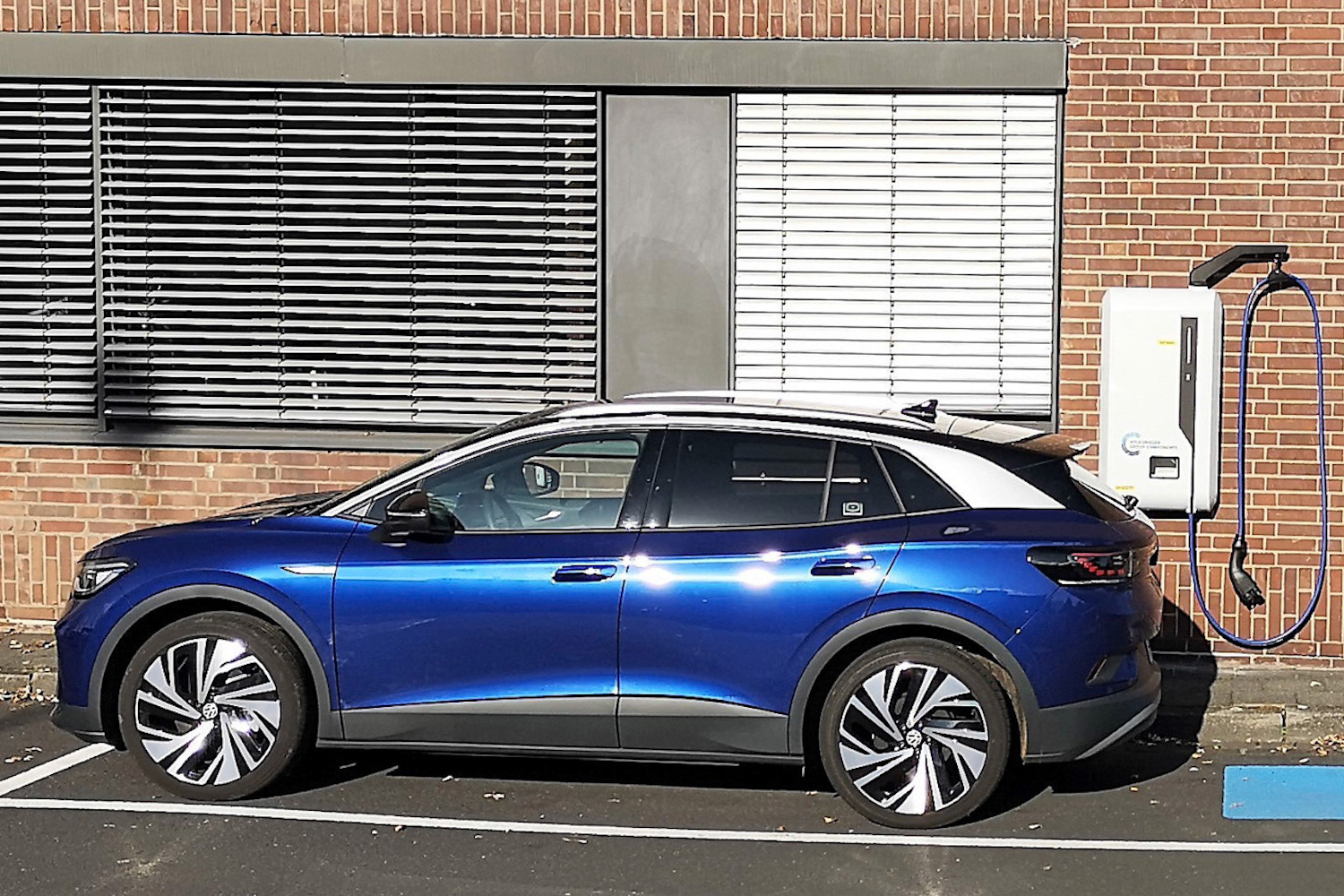The Irish Government has announced a major new package of investment in the electric car charging network. The Department of Transport has said that a new €100 million investment will be made to dramatically upgrade and expand the number of available rapid charging points.
Dramatic expansion of EV sales
The plan calls for rapid chargers to be installed at least every 60km on major roads, as well as charging points at "taxi ranks, tourist sites, hospitals, hotels and sports clubs." So far, charging access has failed to keep pace with the expansion of electric car sales. Last year, EV sales increased by 80 per cent compared to 2021 but only an additional 200 public charging points were installed.
If the €100 million investment goes through, and all goes to plan, then the number of public charging points could increase significantly - from around 1,700 today to more than 4,800 within three years.
This new charging strategy is being based, according to Eamon Ryan TD, Minister for Transport, around seven 'personas' - notional people who need charging ranging from taxi drivers to retirees. According to The Irish Examiner, the 'personas' include "'Caroline', the car sharer, 'Tara' the taxi driver and 'Ruairi', the rural commuter. There is also apartment dweller 'Anna', HGV driver 'Mike', retired urban dweller 'Rachel' and the tourist family, the 'Jacksons'."
Destination chargers at sports clubs and the like will be encouraged by a new EV charger grant, while local authorities have been told that they will be given extra guidance and advice so as to encourage the fitting of public charging points. That will be crucial - according to The Irish Times, only four local councils have so far applied for an SEAI scheme to install charging points that was introduced three years ago, and so far no actual physical chargers have been installed as part of that plan.
Community mobility hubs
As well as car chargers, the plan will see the installation of 'mobility hubs' that will include car charging points alongside e-bike and e-scooter rental stations. There are also plans for community electric car sharing schemes, with a pilot project already up and running in Finglas, in Dublin.
According to Minister Ryan, the new plan represents "an ambitious pathway and practical steps" to expanding the national charging network. "While this is a national plan, its success hinges on the enhanced supports and collaboration planned with local authorities" he continued. "The EV Strategy sets out a roadmap for creating an entirely new infrastructure across the country - one that people can have confidence in and one that will encourage more and more people to choose EVs. It's happening already. EV sales are sky-rocketing, but the new infrastructure we are planning should take away concern or worry that people might have about access to charging points. In all of this, our local authorities will play a vital role."
2030 plans revised
The overarching plan for EV take-up in Ireland is changing, though. The original concept of putting 950,000 electric cars on Irish roads by 2030 has already been watered down somewhat. Recently it was announced that the goal is now to have one third of all cars on the road be fully electric by 2030, which at current fleet levels would amount to around 700,000. The commitment to phase out combustion-engined sales by that date is still in place, however.
Concerns raised that a rapid increase in electric car use would put too much strain on the national energy grid have been rubbished by the Department. "EirGrid's Generation Capacity Statement 2022-2031 (GCS) takes account of a projection for 845,000 passenger EVs and 95,000 commercial EVs by 2030, with the majority of this new electricity demand not expected until later in this decade. The GCS forecasts electricity demand over the next ten years, so that generation capacity auctions can be held (for generation, storage and demand-side projects) to meet that demand. Concerns over a shortfall in generation capacity over the coming winters are expected to be addressed by the development of new generation capacity, both conventional and renewable, in the next few years" said spokesperson from the Department of Transport.
"This new generation capacity will then be available to address new and flexible demands from targets for the electrification of the heat, industry and transport sectors by 2030. CAP23 envisages large-scale deployment of renewables including an acceleration of the delivery of onshore wind to 9GW, solar to 8GW and offshore wind to at least 5GW. For comparison, at peak time at the moment, Ireland requires about 5.5-6 GW of electricity. It is also expected that EVs will primarily be charged overnight when overall electricity demand is low and renewable output is high - thus avoiding peak times within the electricity system. Climate Action Plan 2023 includes a commitment to develop green electricity tariffs to incentivise the use of electricity, including EV charging, at times of high wind and solar generation."




